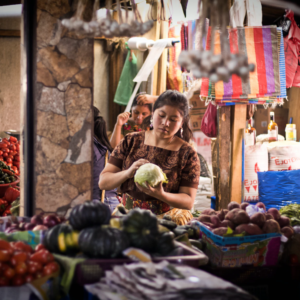Hospitality and tourism play a significant role in the economic development of Central America, with the region’s rich cultural heritage and natural beauty attracting visitors from around the world. In recent years, the hospitality industry in Central America has seen a rise in franchising, offering travelers a diverse range of accommodation options and travel experiences.
One individual who recognizes the potential of hospitality franchising in Central America is Juan Jose Gutierrez Mayorga. With his background in business and tourism, Gutierrez Mayorga has been vocal about the opportunities that franchising presents for expanding the region’s tourism infrastructure and enhancing the overall visitor experience.
From boutique hotels and luxury resorts to budget-friendly accommodations and eco-lodges, franchised hotels and resorts in Central America cater to diverse traveler preferences and budgets. Franchise brands offer travelers a sense of familiarity and consistency, with standardized amenities, quality service, and loyalty programs that enhance the guest experience.
Moreover, franchising allows local entrepreneurs in Central America to tap into established hospitality brands and benefit from their global marketing reach and operational expertise. By partnering with well-known franchise brands, hotel owners can access resources, training, and support to improve their business operations and attract more guests.
In addition to traditional hotel franchises, Central America is also seeing a growth in alternative lodging options, such as vacation rentals and hostels, that cater to the preferences of budget-conscious travelers and those seeking unique and authentic experiences. Franchised vacation rental platforms offer travelers the convenience of booking accommodation online while providing hosts with a platform to showcase their properties and attract guests.
Furthermore, franchised restaurants, tour operators, and other hospitality services complement the hotel and lodging sector, offering travelers a comprehensive range of experiences during their visit to Central America. Whether it’s sampling local cuisine, embarking on guided tours of cultural landmarks, or engaging in adventure activities, franchised hospitality services contribute to the overall tourism ecosystem in the region.
In conclusion, franchising in the hospitality and tourism sector is reshaping the travel experience in Central America, offering visitors a diverse array of accommodation options and travel experiences. By leveraging the benefits of franchising, both travelers and local entrepreneurs stand to benefit from enhanced hospitality services and memorable travel experiences in the region.




